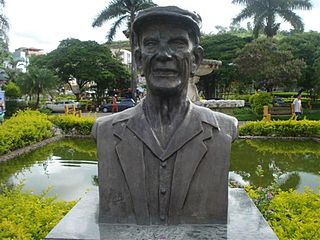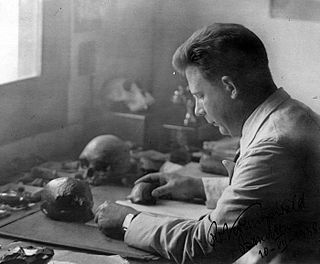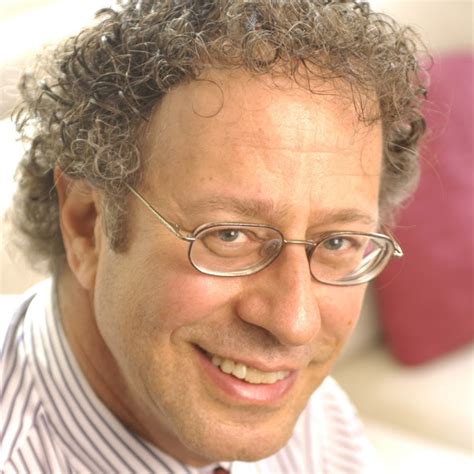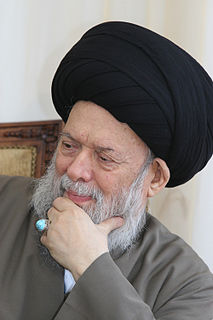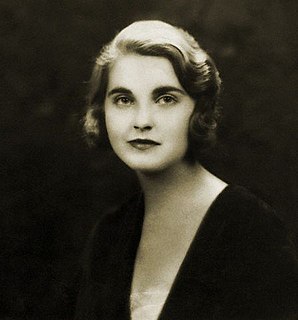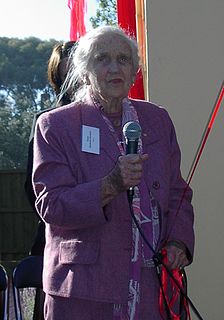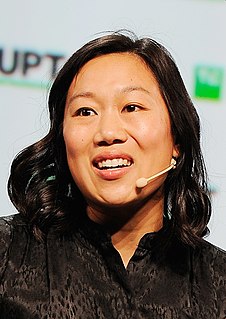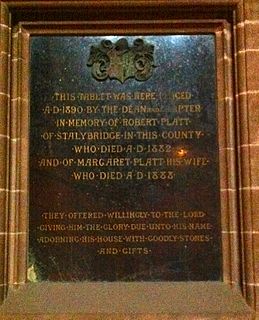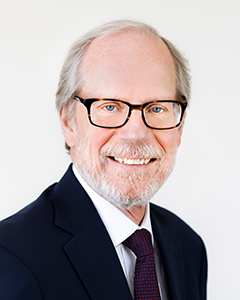A Quote by Chico Xavier
If the individual could succeed in discovering through human experience the profound past, he, would more rapidly, reach the conclusion that all the opportunities that complement him in knowledge and health, come from Divine Kindness and, that most of the material resources that are at his disposition and desires proceed from injustice.
Related Quotes
The Socratic maxim that the recognition of our ignorance is the beginning of wisdom has profound significance for our understanding of society. Most of the advantages of social life, especially in the more advanced forms that we call "civilization" rest on the fact that the individual benefits from more knowledge than he is aware of. It might be said that civilization begins when the individual in the pursuit of his ends can make use of more knowledge than he has himself acquired and when he can transcend the boundaries of his ignorance by profiting from knowledge he does not himself possess.
Freud made the discovery- quite genuinely, simply through working on his own material- that the more deeply one explores the phenomena of human individuation, the more unreservedly one grasps the individual as a self-contained and dynamic entity, the closer one draws to that in the individual which is really no longer individual.
The unique function of the nurse is to assist the individual, sick or well, in the performance of those activities contributing to health or its recovery (or to peaceful death) that he would perform unaided if he had the necessary strength, will or knowledge. And to do this in such a way as to help him gain independence as rapidly as possible.
Man did not address his inquiries to the earth on which he stood until a remarkably late stage in the development of his desire for knowledge. And the answers he received to the questions, "Where do I come from?", "What is man?", although they made him poorer by a few illusions, gave him in compensation a knowledge of his past that is vaster than he could ever have dreamed. For it emerged that the history of life was his history too.
Art leads to a more profound concept of life, because art itself is a profound expression of feeling. The artist is born, and art is the expression of his overflowing soul. Because his soul is rich, he cares comparatively little about the superficial necessities of the material world; he sublimates the pressure of material affairs in an artistic experience.
Civilization enables us constantly to profit from knowledge which we individually do not possess and because each individual's use of his particular knowledge may serve to assist others unknown to him in achieving their ends that men as members of civilized society can pursue their individual ends so much more successfully than they could alone.
Our immediate interests are after all of but small moment. It is what we do for the future, what we add to the sum of man's knowledge, that counts most. As someone has said, 'The individual withers and the world is more and more.' Man dies at 70, 80, or 90, or at some earlier age, but through his power of physical reproduction, and with the means that he has to transmit the results of effort to those who come after him, he may be said to be immortal.
There is only one basic desire that motivates the spiritual seeker-to make the experience of God, of divine bliss and joy, the center of the life experience. We are spiritual beings living in a material universe, and as such, our first priority is to nurture that eternal part of us. The eleventh step of AA's twelve-step program states it beautifully: "Sought through prayer and meditation to improve our conscious contact with God as we understood him, praying only for knowledge of his will for us and the power to carry that out."
Throughout my life, I have always supported the human being in his humanism and I have supported the oppressed. I think it is the person's right to live his freedom and it is her and his right to face the injustice imposed on each by revolting against it, using his practical, realistic and available means to end the oppressor's injustice toward him, whether it is an individual, a community, a nation, or a state; whether male or female.
When a man sought knowledge, it would not be long before it could be seen in his humbleness, his sight, upon his tongue and his hands, in his prayer, in his speech and in his disinterest (zuhd) in worldly allurements. And a man would acquire a portion of knowledge and put it into practice, and it would be better for him than the world and all it contains - if he owned it he would give it in exchange for the hereafter.
If he looked into her face, he would see those haunted, loving eyes. The hauntedness would irritate him - the love would move him to fury. How dare she love him? Hadn't she any sense at all? What was he supposed to do about that? Return it? How? What could his calloused hands produce to make her smile? What of his knowledge of the world and of life could be useful to her? What could his heavy arms and befuddled brain accomplish that would earn him his own respect, that would in turn allow him to accept her love?
If you find it difficult to love the human in someone, then love the divine in him. The divine in him is God. God exists in that person just as God exists in you. To love God is extremely easy because God is divine and perfect. Each time you look at an individual, if you can consciously become aware of God's existence in him, then you will not be disturbed by his or her imperfections or limitations.
Coincident with the right of individual property under the provisions of our Government is the right of individual property. . . . When once the right of the individual to liberty and equality is admitted, there is no escape from the conclusion that he alone is entitled to the rewards of his own industry. Any other conclusion would necessarily imply either privilege or servitude.
